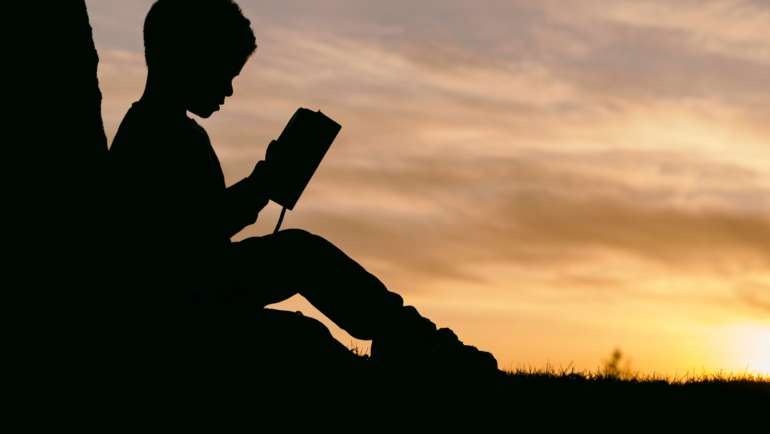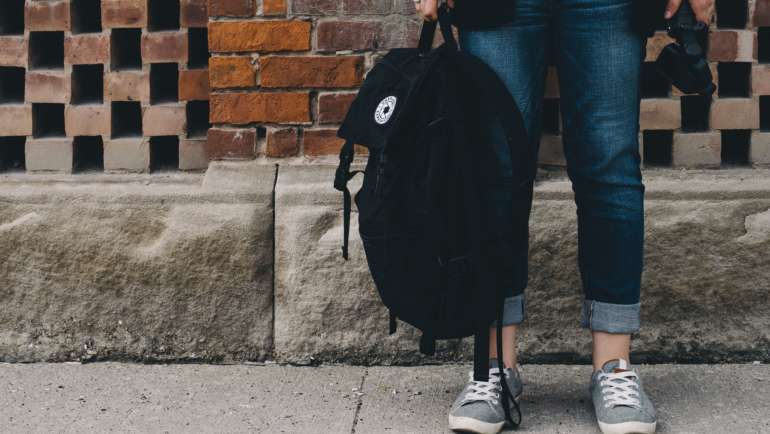Oakbrook 101: Social Media and Depression
By Ashley Hairr, Oakbrook Counselor and AP Psychology Teacher
In AP Psychology we spend a lot of time talking about topics that are relevant to their lives. Recently in class, we discussed the effects of social media use on their age group. Below are a few statistics that we discussed in class:
- In both Taiwan and the United States, excessive online socializing and gaming have correlated with lower grades or increased anxiety and depression. (Brooks, 2015; Lepp et al., 2014; Walsh et al., 2013)
- 47% of the heaviest users of the Internet and other media had mostly C grades or lower, compared to 23% of the lightest users. (Kaiser Family Foundation, 2010)
- Young adults who used 7 or more social media platforms were 3x more likely to be depressed or anxious than those who used two or fewer.(Primack et al., 2016)
As a counselor, I am very concerned about the impact social media can have on mental health. Let’s be honest, telling a teenager not to get on social media is like telling a bird not to fly. The majority of teens use at least one social media platform and most teens are using multiple platforms at one time. My class quickly named 10 platforms in our discussion that day. The link to anxiety and depression is not surprising. The time spent on social media typically involves comparing body types, likes, followers, and social activities or involvement. We know that users only choose to share the glamorous parts of their lives, but social media has a way of convincing us that the people we are following must lead far better lives than we do. I also have first hand experience with working with teenagers sometimes define their self-worth by how many likes they have on Social media.
We know it is a problem but it can also give your child a chance to maintain connections with friends and family that they may not see often. In a recent study, Youtube was also found to have a positive impact on feelings of happiness in comparison to Facebook, Instagram, and Snapchat (Kennedy, 2019) . Instagram was found to have the most negative impact on happiness.
It makes sense that time online would take the place of time spent on other activities that your child may have previously enjoyed.
So, what can we do?
- Teach them about appropriate boundaries with social media. This includes what they post, how much time they spend on social media, and what they spend their time looking at while online.
- As a parent you can model appropriate use of social media and lead by example for how they can protect themselves from the negative impacts.



